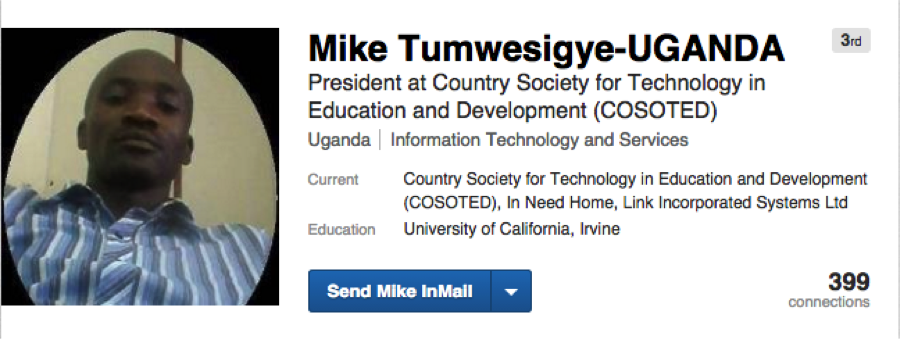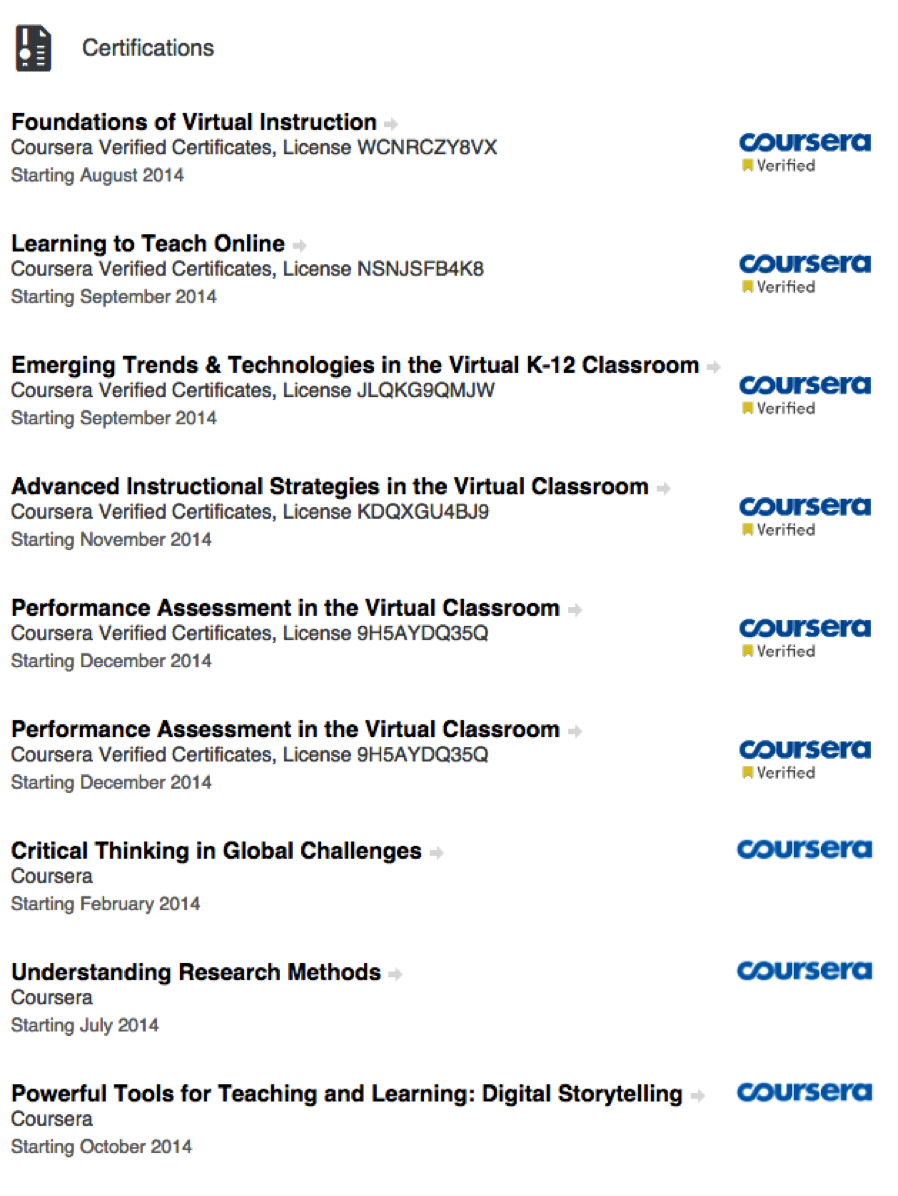Coursera Blog
Active Member
When Coursera began offering our first paid product, Course Certificates, we also committed to supporting a comprehensive financial aid option. We knew that financial aid would be critical to achieving our mission of enabling all individuals, regardless of their financial means, to access the world’s best education.
We recently approved our 100,000th financial aid application of the year. As we pass this exciting milestone, we wanted to share an update on how Financial Aid works, who benefits, and how we plan to improve the program to help more learners achieve their goals.
What is Financial Aid?
Coursera offers financial aid for learners who could benefit from our paid products, but cannot afford to pay the associated fee. Learners accepted into the program are granted a fee waiver that allows them to access all of the course content and complete all work required to earn a Certificate. To receive Coursera Financial Aid, learners must complete a brief application describing their financial circumstances and motivations for taking the course.
A recent survey showed that less than half of of our learners knew about the program, meaning not everyone who can benefit from Financial Aid is aware of it. To address this issue, we recently developed a new design for our payment page designed to raise the visibility of Financial Aid. When we applied the new design to a few courses, we doubled the number of learners receiving Financial Aid. This result suggests that financial aid can help many more learners benefit from our paid offerings. We are now working to increase the visibility of Financial Aid in a similar way across our entire website.
Who is benefiting from Financial Aid?
Specifically, is Financial Aid reaching the learners who need it most? In reviewing data from our Financial Aid applications, we found that two facts stood out:
These results tell us that our Financial Aid program, coupled with top-quality courses, is truly changing lives around the world. In addition, a recent survey revealed that lower income course completers on Coursera are considerably more likely to report tangible career and educational benefits. We’ve heard accounts from many Financial Aid recipients who’ve gained access to new opportunities after earning Course and Specialization Certificates - opportunities that had resounding positive effects not just on their own lives, but also on their communities.
One of those learners is Michael Tumwesigye of Kampala, Uganda. After receiving a BA, Michael Tumwesigye started teaching in Uganda and Kenya. In 2007, he went back to his hometown, Kampala, to help his aunt start a nonprofit called “In Need Home” — an organization dedicated to the care, protection, and education of orphans and vulnerable children. He dreamed of going back to school to acquire the skills he needed to accelerate the program’s curriculum, but had limited financial resources. Searching for ways to improve his situation, he found Coursera.
After browsing the catalog, he applied for Financial Aid and earned certificates for several courses, including the Virtual Teacher Program Specialization offered by The University of California, Irvine. He proudly lists all of his Course Certificates on his LinkedIn profile.


With the skills he learned on Coursera, he was able to start a social enterprise called Snacks for Education (S4E) to produce and package snacks like roasted peanuts, plantain chips, and more to sell at local supermarkets. The proceeds are used to give educational support to orphans living in the slums. In addition, he was able to create an association for teachers called Country Society for Technology Education (COSOTED) where over 300 teachers in the region use face-to-face workshops to integrate technology in education.
Michael says, “Thanks to Coursera and the Financial Aid program, I feel that I have done something for my country.”
We are thrilled to learn through stories like Michael’s that Financial Aid is helping those most in need of access to the world’s best education, and we are excited to see those impacts reflected more broadly in our data, as well. As we work to improve the learning experience on Coursera, we are committed to maintaining Financial Aid as an option, and also to making the program even more accessible to learners.
To learn more about our Financial Aid program, visit the Coursera Help Center.
Thank you for being with us on this journey.
Daphne Koller and Tom Willerer
President and Co-Founder and Chief Product Officer of Coursera
Continue reading...
We recently approved our 100,000th financial aid application of the year. As we pass this exciting milestone, we wanted to share an update on how Financial Aid works, who benefits, and how we plan to improve the program to help more learners achieve their goals.
What is Financial Aid?
Coursera offers financial aid for learners who could benefit from our paid products, but cannot afford to pay the associated fee. Learners accepted into the program are granted a fee waiver that allows them to access all of the course content and complete all work required to earn a Certificate. To receive Coursera Financial Aid, learners must complete a brief application describing their financial circumstances and motivations for taking the course.
A recent survey showed that less than half of of our learners knew about the program, meaning not everyone who can benefit from Financial Aid is aware of it. To address this issue, we recently developed a new design for our payment page designed to raise the visibility of Financial Aid. When we applied the new design to a few courses, we doubled the number of learners receiving Financial Aid. This result suggests that financial aid can help many more learners benefit from our paid offerings. We are now working to increase the visibility of Financial Aid in a similar way across our entire website.
Who is benefiting from Financial Aid?
Specifically, is Financial Aid reaching the learners who need it most? In reviewing data from our Financial Aid applications, we found that two facts stood out:
- 60 percent of Financial Aid applications come from learners in countries considered to have developing economies, despite the fact that those learners represent only 38 percent of total course enrollments.
- Learners from developing economies are about seven times as likely as learners in higher-income countries to apply for and receive Financial Aid.
These results tell us that our Financial Aid program, coupled with top-quality courses, is truly changing lives around the world. In addition, a recent survey revealed that lower income course completers on Coursera are considerably more likely to report tangible career and educational benefits. We’ve heard accounts from many Financial Aid recipients who’ve gained access to new opportunities after earning Course and Specialization Certificates - opportunities that had resounding positive effects not just on their own lives, but also on their communities.
One of those learners is Michael Tumwesigye of Kampala, Uganda. After receiving a BA, Michael Tumwesigye started teaching in Uganda and Kenya. In 2007, he went back to his hometown, Kampala, to help his aunt start a nonprofit called “In Need Home” — an organization dedicated to the care, protection, and education of orphans and vulnerable children. He dreamed of going back to school to acquire the skills he needed to accelerate the program’s curriculum, but had limited financial resources. Searching for ways to improve his situation, he found Coursera.
After browsing the catalog, he applied for Financial Aid and earned certificates for several courses, including the Virtual Teacher Program Specialization offered by The University of California, Irvine. He proudly lists all of his Course Certificates on his LinkedIn profile.


With the skills he learned on Coursera, he was able to start a social enterprise called Snacks for Education (S4E) to produce and package snacks like roasted peanuts, plantain chips, and more to sell at local supermarkets. The proceeds are used to give educational support to orphans living in the slums. In addition, he was able to create an association for teachers called Country Society for Technology Education (COSOTED) where over 300 teachers in the region use face-to-face workshops to integrate technology in education.
Michael says, “Thanks to Coursera and the Financial Aid program, I feel that I have done something for my country.”
We are thrilled to learn through stories like Michael’s that Financial Aid is helping those most in need of access to the world’s best education, and we are excited to see those impacts reflected more broadly in our data, as well. As we work to improve the learning experience on Coursera, we are committed to maintaining Financial Aid as an option, and also to making the program even more accessible to learners.
To learn more about our Financial Aid program, visit the Coursera Help Center.
Thank you for being with us on this journey.
Daphne Koller and Tom Willerer
President and Co-Founder and Chief Product Officer of Coursera
Continue reading...
